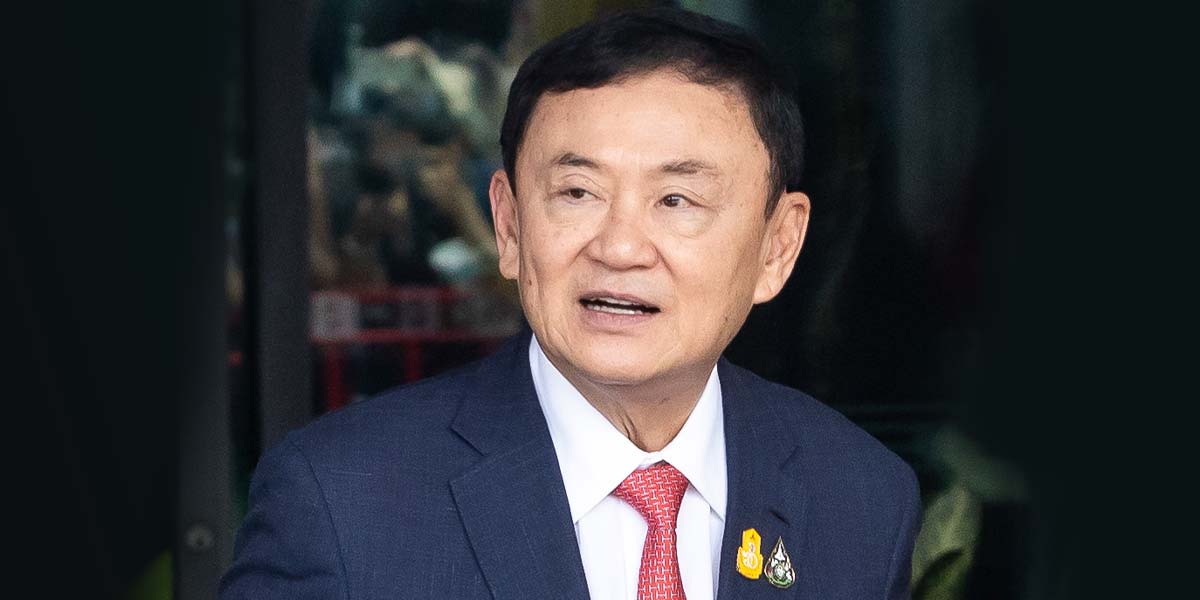Former Prime Minister Thaksin Shinawatra has asserted that Thailand must overhaul its import regulations and investment promotion strategies, key factors that have previously attracted significant Chinese capital to the country. This comes amidst a looming threat from a hefty 36% U.S. tariff, which risks undermining Thailand’s export-dependent economy.
Addressing a seminar organized by the American Chamber of Commerce in Bangkok, Thaksin suggested that this tariff should act as a timely “wake-up call” for the government led by his daughter, Paetongtarn Shinawatra, to address foreign manufacturers bypassing local content requirements.
He highlighted the electric vehicle sector, noting that many Chinese automakers have been lured by government incentives, resulting in billions of dollars in investments.
Thaksin pointed out a significant trade imbalance, with a large deficit from China and only a modest surplus with the U.S., indicating that policy adjustments are necessary in light of impending tariffs.
This perspective emerged as Thailand prepared to initiate negotiations with the U.S. to address what is among the highest reciprocal tariffs established by the Trump administration. In 2024, Thailand recorded a trade surplus of $46 billion with the U.S., with the world’s largest economy being its largest export market.
Thaksin also suggested that Thailand is ready to amend its import tax policies to favor U.S. goods, moving beyond World Trade Organization (WTO) norms towards bilateral agreements. He pointed to the importation of U.S. corn and liquefied natural gas as steps to close the trade gap.
The former leader conveyed the complexities involved in negotiating with the U.S. yet assured American businesses that Thailand is well-prepared. These talks, he noted, involve more than just discussions about percentages and require comprehensive preparation.
Thaksin’s comments indicate a possible shift in Thailand’s approach, which has benefited from global supply chain relocations favoring Chinese investments. Data from the Board of Investment (BOI) shows Chinese companies were the leading source of foreign direct investments between 2022 and 2024, contributing nearly 28%, compared to about 8% from U.S. firms.
Circumstances regarding the trade war underscore the predicament for countries like Thailand, which strive to maintain neutrality. While the U.S. pushes for limitations on trade with China, Beijing warns against actions from global trading partners that could harm its interests.
Initially, the discussions between Thailand and the U.S. regarding the tariffs was scheduled for this week. However, the talks were postponed, with Paetongtarn mentioning Washington’s request for Southeast Asia’s second-largest economy to review certain issues in advance.
Following this development, the PM instructed officials to prevent misuse of certificates of origin by foreign companies avoiding higher U.S. import duties. Additionally, Thailand plans to address U.S. concerns regarding currency manipulation, according to the finance minister.





